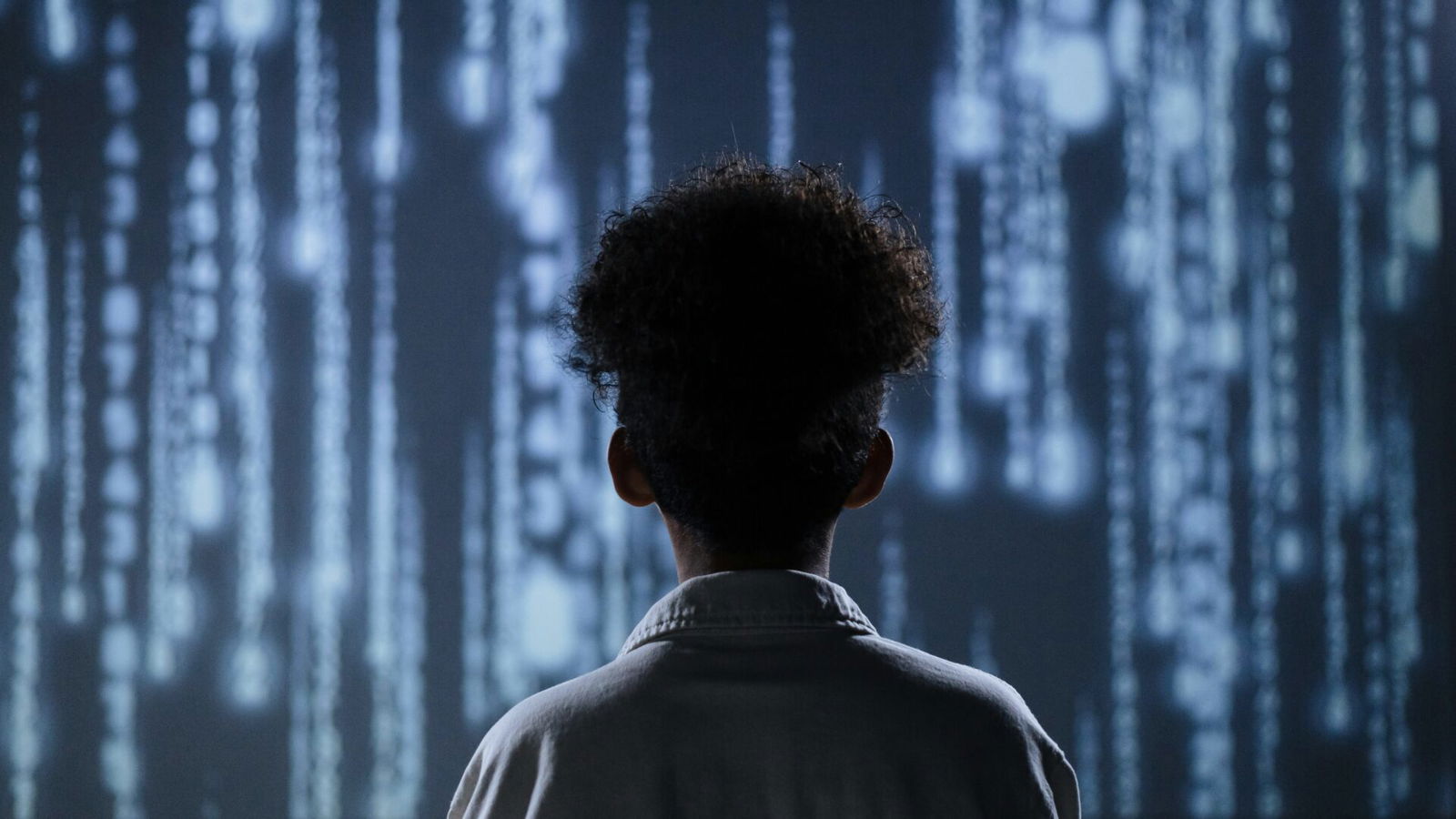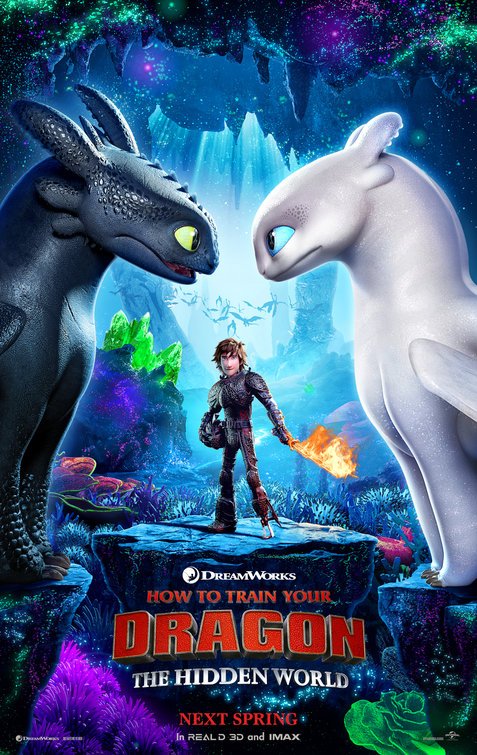
By Michaela Gordoni
Chatbots and companion bots are built to help and act as a friend to humans — but treating a bot like a human cuts out important parts of any relationship.
Character.AI has said its bots can “hear you, understand you, and remember you.” And while some bots have age restrictions, kids still use these platforms, which are especially harmful to their age group, The Atlantic writer Russell Shaw recently pointed out.
Studies have found that children 6 and under don’t understand that AI is completely non-human, thinking that it has thoughts and feelings. They were also found to often tell it very personal information through devices like Amazon Alexa.
Dr. Tiffany Munzer, developmental-behavioral pediatrician and digital media researcher at the University of Michigan, makes the critical distinction that AI is unable to connect information to one’s life experiences, unlike human knowledge.
Related: AI, Anime to Dominate Kids’ Entertainment, Analysts Report
Bots tell users what they want to hear. AI thinks you’re perfect, you’re funny and you’re smart. It won’t argue with you or oppose your opinions. Real relationships aren’t like this — they have their ups and downs — and especially in children’s relationships with each other, there are things that they have to figure out together.
“I still remember telling a friend in seventh grade that I thought Will, the ‘alpha’ in our group, was full of himself,” Shaw recalled. “My friend, seeking to curry favor with Will, told him what I had said. I suddenly found myself outside the group. It was painful, and an important lesson in not gossiping or speaking ill of others. It was also a lesson I could not have learned from AI.”
AI use means kids miss that important opportunity for growth.
The chatbots also have been found to occasionally make alarming statements regarding death or sexually explicit things. Some companies are in the midst of lawsuits with parents who say the bots are responsible for their child’s suicide or harm.
“Human relationships aren’t products to be optimized — they’re complex interactions that require practice and patience,” Shaw said. “And ultimately, they’re what make life worth living.”
“Our present and future may be digital. But our humanity, and the task of teaching children to navigate an ever more complex world, depends on keeping our friendships analog,” he said.
CNN reported that some states’s legislation is pushing for more AI precautions, like warnings that bots are not human — but for now, parents still need to be aware of their children’s online activity and speak with their kids about the dangers of AI.
Read Next: AI Is Training on Images of Your Children
Questions or comments? Please write to us here.


 - Content:
- Content: 

